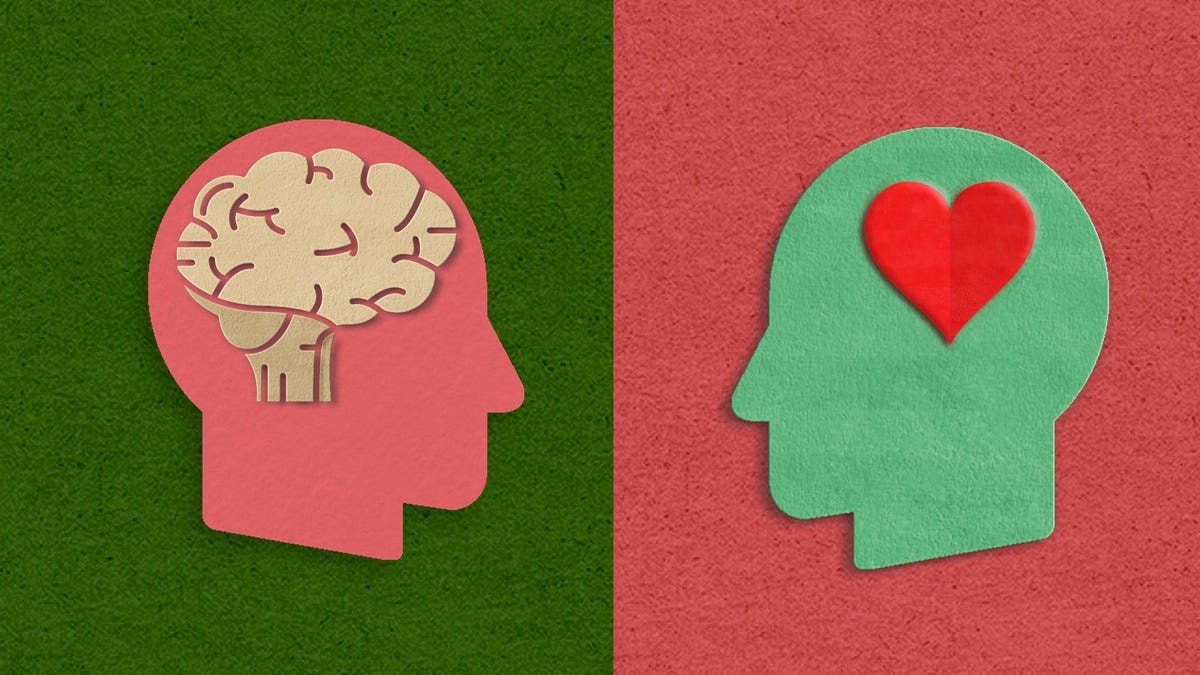We like to think of ourselves as rational beings, and that force of rationality does not stop when it comes to politics. Indeed, the whole endeavour of Political Science is to try to rationalise and explain trends in the political world. Yet, is politics itself based upon rationality? We may come up with rational explanations for how politics can be managed, but perhaps politics is really guided by visceral feelings.
If politics is guided by visceral feelings, then our lofty attempts to manage politics via institutions and a rules-based approach comes under threat. Institutions are supposed to manage and even inhibit our democratic impulses when they become dangerous, but what happens when shared trust in those very institutions collapses? The guardrails so carefully crafted over decades or even hundreds of years come under threat, and our ‘will’ can overrun them in a pique of anger, frustration and even desperation. Populism and demagoguery, after all, are not the rallying calls for the strong but rather the dispossessed, or at least those who perceive themselves as dispossessed.
Some may say I am overplaying this argument. Scholars, such as Phillipe Schmitter in The Decline of Democracy, find the argument for a decline in democratic values to be overplayed. Rather, they find the rise of unelected elites coming to the fore limiting democratic will to be a bigger problem. But this ignores the larger undercurrent dangers facing our democracies. Most keenly expressed by the lack of a post-cold war vision for society, what is really tying us together besides the quest for more freedom and greater material wealth?
This crisis is expressed in Alain Bertho’s The Age of Violence, giving a damning prognosis that we exist in a crisis of ideology and shared truth. The increase in political violence highlights the end of the cold war has not ushered in a new era of love, free-flowing finance and unhindered democracy, as some thought. In the post cold war world, liberal democracies felt victorious. After all, we had defeated our great nemesis without a single shot fired. With no nuclear war, no sea invasions and no disaster, rather the sclerotic Soviet Union fell apart, unable to hold itself together. Yet, we did not think about our own political situation; little effort was made to assess our own institutions or the state of our politics. The internet did not necessarily break our politics; it merely exposed the cracks which already existed.
This is especially true in states that possess strong historical and current political differences, not just in terms of ideology but foundational clashes of identity, making co-existence difficult to manage. Most point to this clash as a question of xenophobia alone whilst ignoring the deeper fractures cutting across societies. Combined with scandal after scandal damaging Parliaments across Western Europe, inhibiting their functionality as a manager of politics, then you have a crisis awaiting the demos. Financial crises, pandemics, and incompetence only stimulate and exacerbate the foundational identity crisis.
A few theorists, such as Francis Fukuyama and John Gray, highlighted significant flaws in our victorious models of governance, which were not adapted for excessive individualism and legitimacy resting upon market reactions. Whilst some scorned Fukuyama for his ‘liberal triumphalism’, few read his book in detail, ignoring his fear over the question of recognition in Liberal Democracies. The quest for recognition, a quest which liberal democracies gives an unprecedented right to, stimulates deep political competition on an increasingly personalised basis. Competition on this level is difficult for institutions to manage, pointing to feeling-based politics on issues such as gender that are perhaps irreconcilable to the different sides of said issues.
Of course, this poses a danger to democracy. Historically democracy has not been the most stable of systems. From Ancient Greece onwards, before the fusion of liberalism and democracy in a strong state, democracy led a perilous existence. The demos were oftentimes led to either destroy the system themselves or fall for someone who would dismantle it, and this is a danger not firmly stuck in the past. In an era where the words ‘fascist’ are thrown around akin to political confetti, and happiness is increasingly devoid of our lives, it is only natural for citizens to seek ever more radical solutions to our problems. This is not an original observation, and it was one made by Hannah Arendt in the Origins of Totalitarianism, but our increasingly atomised existence only worsens this problem.
This would explain a lot about recent political phenomena, from Michael Gove, who dared to suggest the country was no longer willing to listen to the ‘experts’, to a political culture detaching itself into mutual scornfulness. Another example of this can be seen in Trump. Trump exploited long-held trust issues in American institutions since Watergate exposing an emotional abscess at the heart of American politics. Explored by Jennifer Mercieca in Demagogue for a President, Trump’s ability to direct hate against the political class for a group of people who perceived themselves as discriminated against and left behind was a powerful force.
Keep reading with a 7-day free trial
Subscribe to Theory Matters to keep reading this post and get 7 days of free access to the full post archives.




